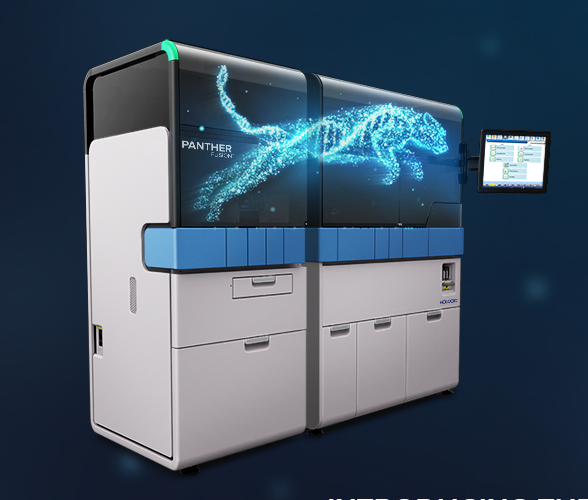On Monday, Marlborough medical device manufacturer Hologic, Inc. announced it had received emergency authorization from the U.S. Food and Drug Administration to run coronavirus tests through its Panther system. Kevin Thornal, president of the diagnostics solutions division at Hologic’s San Diego facility, talked with WBJ about the hurry-up effort.

What does the FDA emergency authorization allow you to do?
That allows us to provide our coronavirus testing kits to any of the customers across the U.S. We had a couple of customers up and running on research-only material already, but this approval allows us to get out a many, many more.
How many more?
Tens of thousands from now until the end of March. Once April starts, we’ll get to 600,000 tests per month. Beyond that, we have investments lined up to enable us to ramp up even more.
How much did you have to modify your operations to be able to test for COVID-19?
This is what we go all day, every day. This is our normal thing; a normal part of our businesses.
Hologic has three divisions: surgical; breast health; and diagnostics, here in San Diego.
At the diagnostics division, we already had the ability to test other strains of respiratory viruses., so this was just a matter of adding COVID-19.
When did you start work on it?
We’ve been watching this since the end of December, when the news started coming out of China in earnest. Then, on Jan. 7, the Chinese released the genetic sequencing on COVID-19, so we were able to start work on the tests.
Getting the tests developed and approved by regulators is typically a three-year process, but we got it done in two months. We worked with all the regulatory agencies in order to expedite the process as much as possible. We did something similar for Zika; and our scientists have done similar work for other diseases like H1N1, SARS and MERS.
Do the regulators just push you through the process, or do your science teams have to work overtime to get that timeline down from three years to two months?
The designation allows us to move at lightning speed to get it done, but there is a lot of dedication from our team to get it done. A lot of people sleeping in the labs, a lot of people working through the night.
The people who work in our labs, they feel this is what they are put on earth to do.
This interview was conducted and edited for length and clarity by WBJ Editor Brad Kane.

